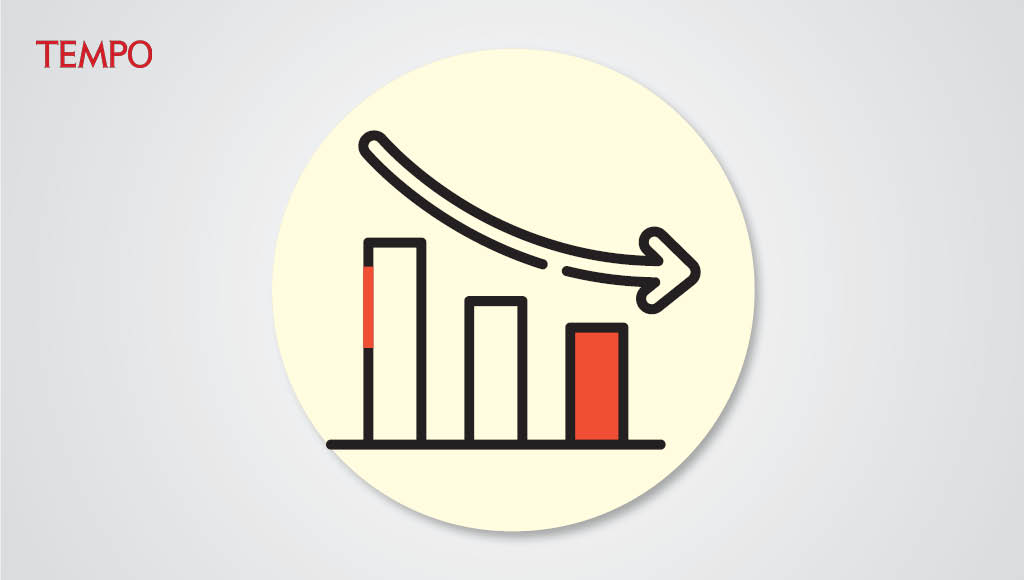Deadly Mismanagement of Our Cattle
Monday, January 27, 2025
The foot-and-mouth disease is once again attacking our cattle. It threatens the food self-sufficiency program.
arsip tempo : 174588826683.

THE return of foot-and-mouth disease (FMD) among cattle in Indonesia is a serious threat to the government's target of achieving food self-sufficiency. A number of priority programs promised by President Prabowo Subianto, such as food sustainability and improvements to children’s nutrition, are also at risk of failing.
According to the Ministry of Agriculture, as of the end of 2024, more than 14,000 cattle had been infected in 11 provinces. Of this total, more than 300 had died or had to be slaughtered.
For three decades, Indonesia was declared free of FMD by the World Organization for Animal Health. This status was revoked after the first case of animal-to-animal transmission was detected in April 2022. Since then, efforts to bring FMD under control have appeared hesitant and poorly coordinated.
During the administration of President Joko Widodo, efforts to deal with this outbreak seemed halfhearted. Vaccination was only intensified after the disease had become widespread. Not to mention the budget allocation for animal health, which should be a priority, was very small. On top of this, there were frequent delays with the vaccine distribution chain, particularly in remote regions. It is no surprise that the disease has once again become widespread.
Foot-and-mouth disease is not simply an animal health issue. It is an economic time bomb resulting from the incompetence of Agriculture Minister Amran Sulaiman.
The potential economic damage cannot be understated: falling meat production, rising prices and severe hardship for farmers because of the loss of livestock. People will have to pay more to meet their daily protein requirements.
Another threat is the damage to Indonesia’s reputation in international markets. Our trading partners are bound to take note of events. Exports of beef and milk products could lose market share overseas because of concerns about product quality and safety. Remember that this sector is an important contributor to foreign exchange revenues. Anything to do with food is a matter of trust, and considerable time is needed to rebuild a damaged reputation.
As well as a serious and comprehensive approach to dealing with this outbreak, the government must immediately put right the relevant regulations. The root of the problem is lax rules concerning the import of livestock and beef. Illegal imports, inadequate quarantine procedures and minimal oversight in the regions of cattle imports provide plenty of opportunities for the entry of this disease.
There need to be comprehensive reforms to import regulations. The quarantine process must be tightened up, and there should be a thorough audit of companies involved in the livestock and beef trade. Officials that pushed for the import regulations to be relaxed should be investigated.
Another important issue is the matter of transparency. The people have a right to know how far this outbreak has spread, how many animals have been infected and what concrete measures the government is taking. This matter cannot be allowed to be eclipsed by the political uproar. And if the agriculture sector collapses, the impact will spread to a number of other aspects, including the stability of food prices and people’s buying power. As a result, economic growth could grind to a halt, or could even go into reverse.
President Prabowo, with his military background, is known to be resolute and to have a good understanding of tactics. But the war against FMD needs more than military strategies. As president, he must have the courage to put right a system that has long been on shaky ground.
If this outbreak is not dealt with seriously, the promise of food self-sufficiency will be nothing more than a dream, and we will continue to be trapped in the cycle of uncertainty.











